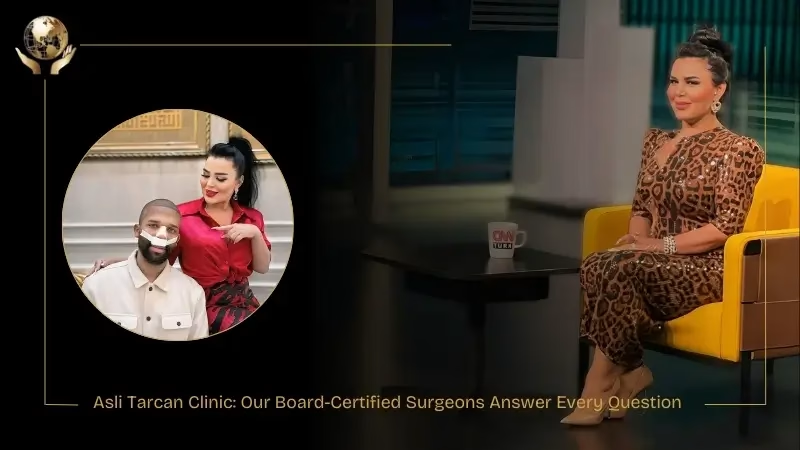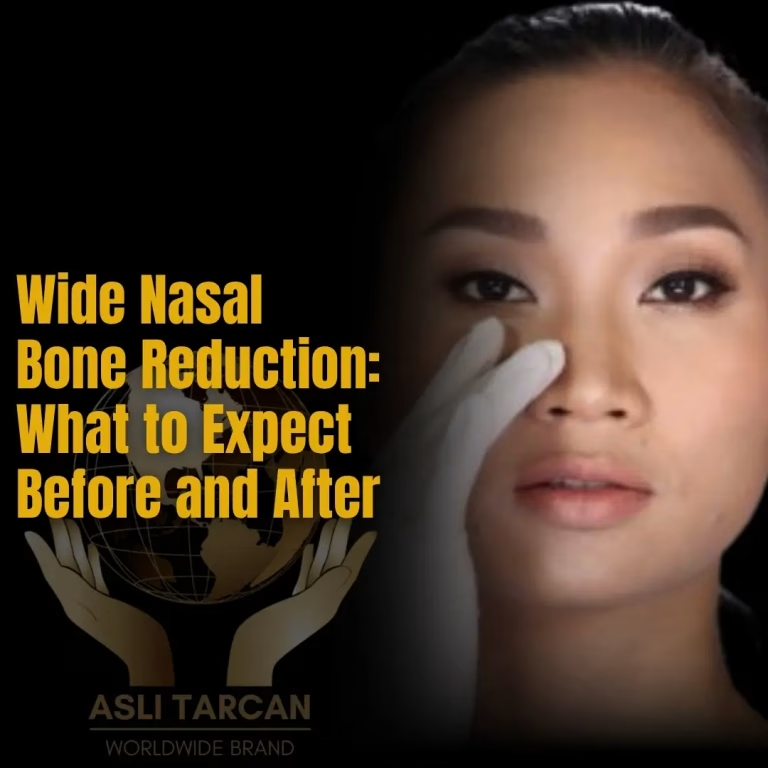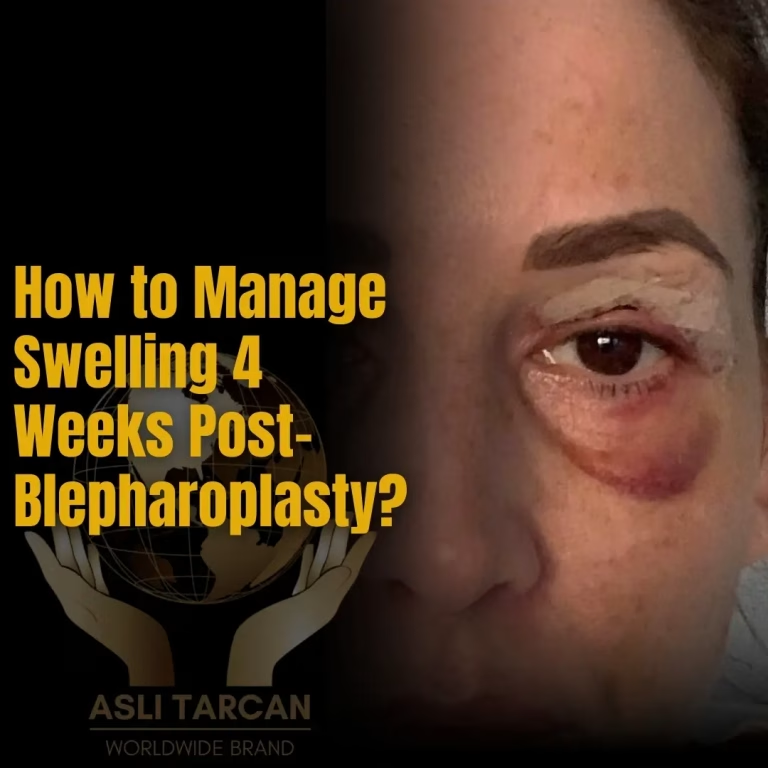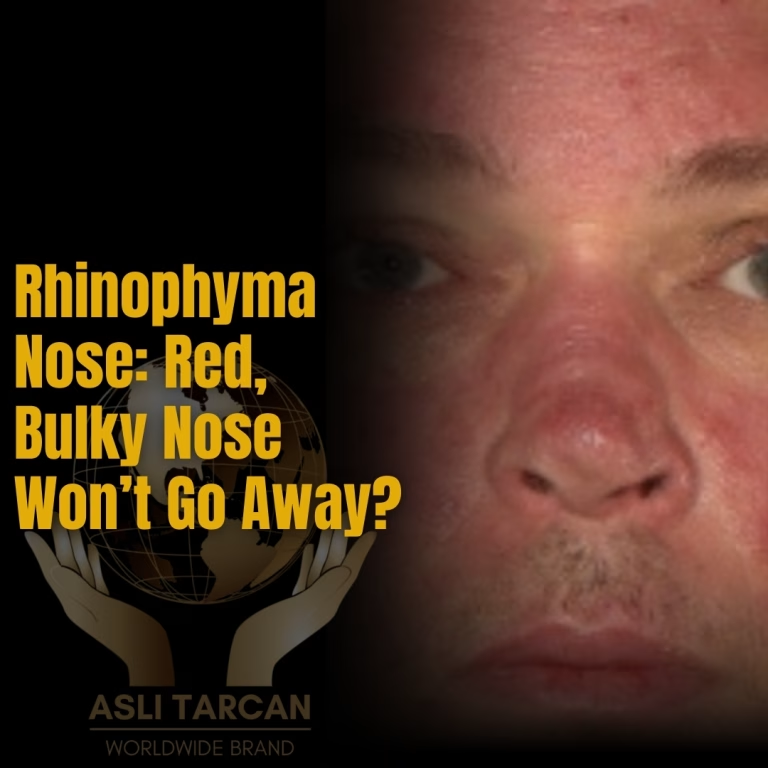20 Important Questions To Ask a Rhinoplasty Surgeon
Have you decided to undergo rhinoplasty surgery for cosmetic or nasal functionality issues? The second important thing is to choose the right plastic surgeon. You need to know their qualifications, experience, past complications, techniques, and expected results.
To know about these things, you need to ask the right questions to your plastic surgeon before you get the surgery.
Let’s take a look at the list of important questions to ask a rhinoplasty surgeon to know if they’re really suitable for your procedure or not. This way, you’ll be able to decide if they’re the right fit for you or if you should explore other available options.

20 Important Questions To Ask A Rhinoplasty Surgeon
These are the 20 important questions that you need to ask your plastic surgeon before undergoing rhinoplasty.
1. How many times have you performed this procedure?
Rhinoplasty isn’t a straightforward surgical procedure that any surgeon with no experience can do. If the surgeon is doing it for the first time, they’re most likely to make errors that could negatively change the shape of your nose permanently.
So, ask the question: how many times have they done this procedure successfully? The more times they’ve done it, the better it is for you.
2. What are the various risks associated with the procedure?
Risks of rhinoplasty are always there, regardless of the procedure you take. The bleeding, infection, scarring, nerve damage, or allergic reactions could happen. So, ask your plastic surgeon about what are the risks associated with the procedure so you’re always prepared for any unexpected outcome.
3. Do I need to prepare in any way before receiving this surgery?
You often need to prepare yourself before the surgery, like taking the medical tests, researching, or making lifestyle changes. Make sure you discuss those things with your surgeon already.
4. How much will the procedure cost?
Ask this question to your plastic surgeon before the surgery and know what’s included in the costs, such as the surgeon’s fee, facility, anesthesia, and medications. This will avoid unexpected costs.
5. Are there likely to be any unexpected outcomes as a result of this surgery?
Rhinoplasty doesn’t always go as you want it to go. It may result in infection, a deviated septum, and other complications as well. Ask your surgeon about all the unexpected outcomes in the first place.
6. Is there anything else that you think I should know about this procedure?
This question will make your surgeon open up about the extra details to you, such as the recovery advice, insights, and other risks that will make you mentally prepared for the procedure.
7. What type of scarring should I expect after the procedure?
Whether the scarring is to be visible or nearly invisible depends on the techniques used. So, ask the surgeon what scarring you should expect after the surgery, so you can prepare in advance.
8. What type of anesthesia will be used for the procedure, and is it safe?
Different anesthetics carry different risks. Asking the surgeon about what anesthesia they’ll be using will help you suggest to them the option that you’re comfortable with.
9. Will I need physical therapy/rehabilitation following the procedure?
Some patients need therapy to restore proper nasal function and also speed up the recovery. Ask your surgeon if you’d need it, so you could arrange it and also adjust your costs.
10. Where will this surgery take place, and how long will it last, approximately?
It’ll let you know the place of the surgery, whether the private clinic or the hospital. Also, you’ll know how long the surgery will take, so you can plan work leave, family support, and also prepare for the medical costs.
11. How long will I need to wait before I can resume my normal activities?
Activities that could put pressure or cause injury to the surgical area are generally prohibited, such as work, social events, exercise, and sports. So, ask the surgeon when you’ll resume your daily activities so you can plan your important work in advance.
12. How much experience do you have performing my desired procedure?
The surgeon needs to be experienced with the procedure you want to undergo, as the techniques may vary. This is important to get a successful surgery with the desired outcome.
13. Have you ever had problems or complications with patients who have had the same or similar procedures?
If they’ve had any complications or faced any problems with patients in the past, they may not be suitable for your job. Ask them this question, and whatever they say, ask them to prove it with the past patients’ reference. You can also consider reading the reviews.
14. Are there any financing options available?
Some rhinoplasty clinics offer installment plans, flexible payment options, and insurance. So, ask about these in the first place to manage your expenses accordingly.
15. What is your policy on follow-up visits and post-operative care?
You need to take the follow-up sessions for faster healing and to get the best results. The policies for the follow-up visits are different. Ask if the extra payment needs to be made and what extra care is included.
16. Is there anything in my medical history that might cause difficulty with the surgical outcome, such as medications being taken for other conditions?
The surgery may sometimes react differently with the medications you’re already on or your current health condition. It can significantly affect the recovery. Share everything honestly with the surgeon and ask them to reassure you that you’re safe to undergo the surgery.
17. Are there any preoperative orders we should discuss prior to the surgery date?
Know about the preoperative orders that you should take before the surgery to make the procedure safer and ensure its success. Like avoiding some foods, certain medications, and making lifestyle changes.
18. What are the potential side effects of this procedure?
Knowing about the side effects will help you decide if you need to go ahead with the surgery or not. The side effects are usually numbness, swelling, bruising, and discomfort, but they could be different depending on the procedure.
19. What should I expect after my recovery period, and what types of follow-up care will I need afterward?
Ask about how long recovery takes, what the final results and when they will appear. Also, ask about what the follow-up sessions include so you can plan the post-surgery.
20. Are there any lifestyle changes that I should make prior to or after the surgery?
You’re often asked to make changes in your lifestyle, such as avoiding or limiting alcohol, quitting smoking, or avoiding certain foods or medications that could create complications in the surgery. Ask your surgeon what changes are that you need to make depending on your procedure.
See Also: When To Fly After Rhinoplasty
Asli Tarcan Clinic: Our Board-Certified Surgeons Answer Every Question
An experienced plastic surgeon who’s qualified, has a good track record, and also knows advanced surgical techniques can give you 100% natural-looking results.
Lack of experience can cause unwanted results, permanent changes to your nose, and other complications.
To help you choose the right surgeon, we’ve given you a list of important questions to ask a rhinoplasty surgeon before you go for the rhinoplasty surgery.
If you need board-certified plastic surgeons for your rhinoplasty who are ready to answer all of your questions and also have a clear track record and experience, then contact Asli Tarcan Clinic.

This article is medically reviewed by Prof. Dr. Umit Taskin (E.N.T. Surgeon)
See Our Doctors & Surgeons
What questions should I ask a rhinoplasty doctor?
You should ask them about the cost, what the procedure includes, risks, the recovery, and also what results you can expect.
What are good questions to ask a surgeon?
The good questions are those that help you know about the qualification, experience, past complications, successful surgeries, and the track record of the surgeon.
How to choose the right surgeon?
Ask for references, read reviews, check if they’re board-certified, and also check their track record.





